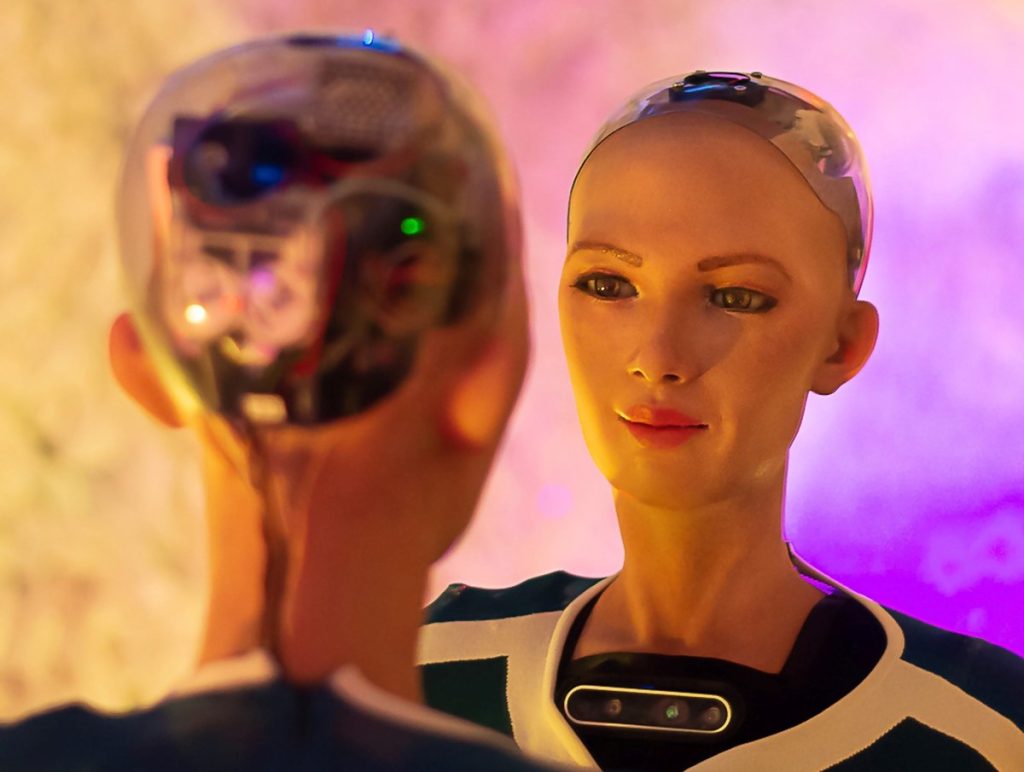Artificial Intelligence (AI) is advancing rapidly, with platforms such as ChatGPT and Google Gemini leading the way. The question being asked is whether AI agents will eventually surpass human intelligence and what implications this may have for humanity. The AGI-24 conference in Seattle focused on the concept of artificial general intelligence (AGI), which aims to create AI agents that can outperform humans in a wide range of tasks, not just specialized ones.
David Hanson, known for creating the humanoid robot Sophia, discussed the goal of exploring what it means to be intelligent and achieving consciousness in machines. He emphasized the importance of creating AI agents with “bio-drives” inspired by biological organisms, which would lead to agents seeking homologous relationships with humans. Hanson highlighted the need for developers to exercise prudence in the creation of AGI agents to prevent the possibility of uncontrollable super-intelligence.
Neuroscientist Christof Koch argued during the conference that consciousness should not be equated with intelligence. He believes that due to the limitations in current computer hardware architecture, AI agents would be incapable of true consciousness. However, Koch acknowledged the potential for AI agents to simulate human intelligence and behavior so convincingly that they may appear conscious, although they would not experience feelings and life in the same way humans do.
Koch raised the possibility that quantum computers or neuromorphic computers could pave the way for artificial consciousness. He also highlighted his involvement in Intrinsic Powers, a venture developing a brain-monitoring device to assess consciousness in behaviorally unresponsive patients. This work is aimed at identifying patients who may have some level of consciousness despite being unresponsive, to prevent unnecessary termination of care.
Hanson emphasized the urgency of advancing AGI and artificial consciousness to avoid negatively impacting humanity. He believes that accelerating progress in the development of AGI in a responsible manner is essential for the future. According to Hanson, the absence of AGI poses a greater risk to humanity than the development of super-intelligent AI. By proposing the acceleration of AGI research, he aims to address the need for humanity to become smarter and better equipped to navigate the potential challenges in the future.


